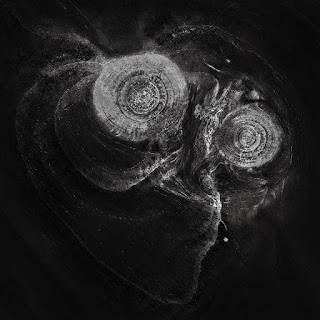"I found myself thinking about what, if anything, a tree might think. Not thinking the way we think, but the way a single neuron thinks, integrating information over time. It might take years to register the premonition of an idea, centuries for an entire forest, networked through synapses established by chemical signaling pathways among its roots, to form a thought. After three years I was no closer to an understanding, except to have gained a lingering suspicion that trees were, in some real and tangible way, as John Ambrose Fleming put it, 'manifested Thoughts in a Universal Mind.'"
- George Dyson (1953 - )
Analogia
Postscript. An experience I had during my family's recent trip to view New Hampshire's fall colors (see last three posts) reminded me of a funny story I wrote about years ago. It concerns Brett Weston, the second of Edward Weston's sons, and who was an accomplished photographer in his own right. Brett, who like his dad, spent most of his time taking photographs in California (e.g., Point Lobos and Big Sur), was one day invited by a friend to join him on a trip to Europe. Agreeing to go, after some cajoling, Brett and his friend visited Ireland, then Scotland, and later London. But Brett's eye, perhaps even more so than his father's, was tuned strongly toward abstraction. Thus, despite traveling though some of the most beautiful landscapes on the planet before arriving in London, Brett had not once pulled out his camera to take pictures! What he did come home with was a few images of rust on a small dilapidated metal plate that beguiled him as he was making his way across the London bridge. A more complete version of this story can be heard in a wonderful documentary about Brett Weston's life as a photographer. While my trip's "compositional oeuvre" was not nearly as single-mindedly-focused on a single abstract theme (I've already posted rather conventional fine-art "takes" on autumnal colors), I must admit that easily half of the shots I took were of the knots in the pinewood of our cabin's walls! Since the left part of my physics-trained brain kept seeing electromagnetic fields, space-time continua, and gravitational vortices just about everywhere my eyes looked inside the cabin, the right side of my brain insisted I search for abstract compositions. Interestingly, while these images contain no color (they are digitally reversed black-and-white shots, which I think work a bit better as "abstractions"), and were all captured inside a cabin, for me, they just as palpably capture the essence of experiencing New Hampshire's autumnal multispectral pleasures!
















